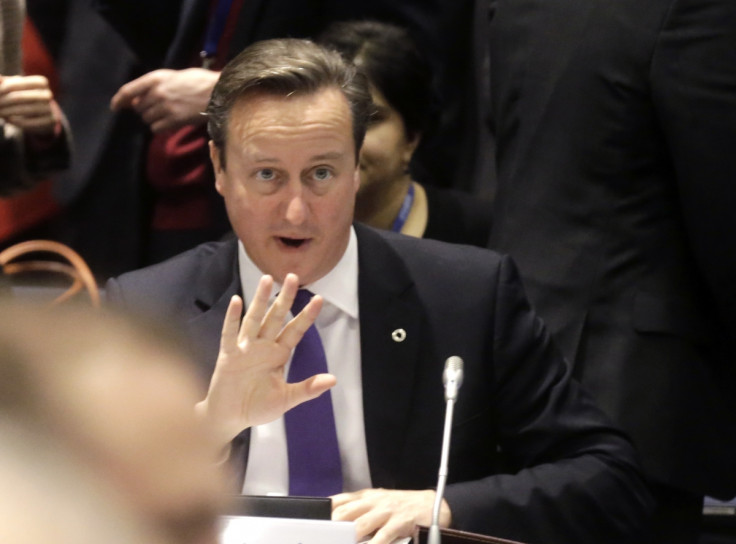Cameron's "Rush" to Deny Migrants Benefits Hints at Panic

There is a key word in all the headlines about David Cameron's determination to get laws in place by 1 January to stop new EU migrants claiming benefits for three months – "rush".
And it goes to the heart of the political motivation behind the policy, which has all the hallmarks of a last minute panic.
Ministers are terrified about what might happen when the UK opens its doors to Romanian and Bulgarian citizens who, under EU rules, will be able to move to the UK from next year.
The last Labour government has admitted to making a major mistake when it estimated there would be an influx of only tens of thousands of Poles when they became eligible to work in the UK when the actual number hit half a million.
Understandably, the coalition government refuses to publish estimates about what will happen with the new accession countries but have been keeping their fingers crossed that, because there are more countries opening their doors this time, the numbers will be far lower.
The Bulgarian government has estimated about 8,000 a year might head for Britain but pressure group MigrationWatch UK claim it could be as high as 50,000 a year from both countries for five years.
So Tory backbenchers and voters who fear the UK may be facing another massive influx of migrants just as the economy is starting to pick up have not been reassured.
And they have put the prime minister under immense pressure to "do something" about it. But, beyond simply flouting EU rules, which many on his own side believe would be perfectly acceptable, his hands are tied.
He has already announced a series of policies, including the three month Jobseekers Allowance ban but has now moved to "rush" forward that specific measure to ensure it will be in place by the start of next year.
But, as critics insist migrants currently can't claim such benefits anyway but claim them from their home country, Cameron has come up with polices which, as he admits himself, are much more about "sending signals" to would-be migrants that they really are not that welcome in the UK after all.
"I want to send the clear message that, whilst Britain is very much open for business, we will not welcome people who don't want to contribute," he said.
Part of the problem is that there is no agreement about what the problem is in the first place. Is it that migrants are coming to Britain as benefits tourists, for which there is scant evidence, or that EU nationals are coming to take work, for which there is some concrete evidence.
The only thing politicians on all sides can agree on is that voters believe there is a problem and they want action.
The fact that Cameron has left it to the last possible minute suggests that even he knows this is purely a cosmetic exercise which may or may not help reassure voters the government has a grip on the situation.
© Copyright IBTimes 2024. All rights reserved.






